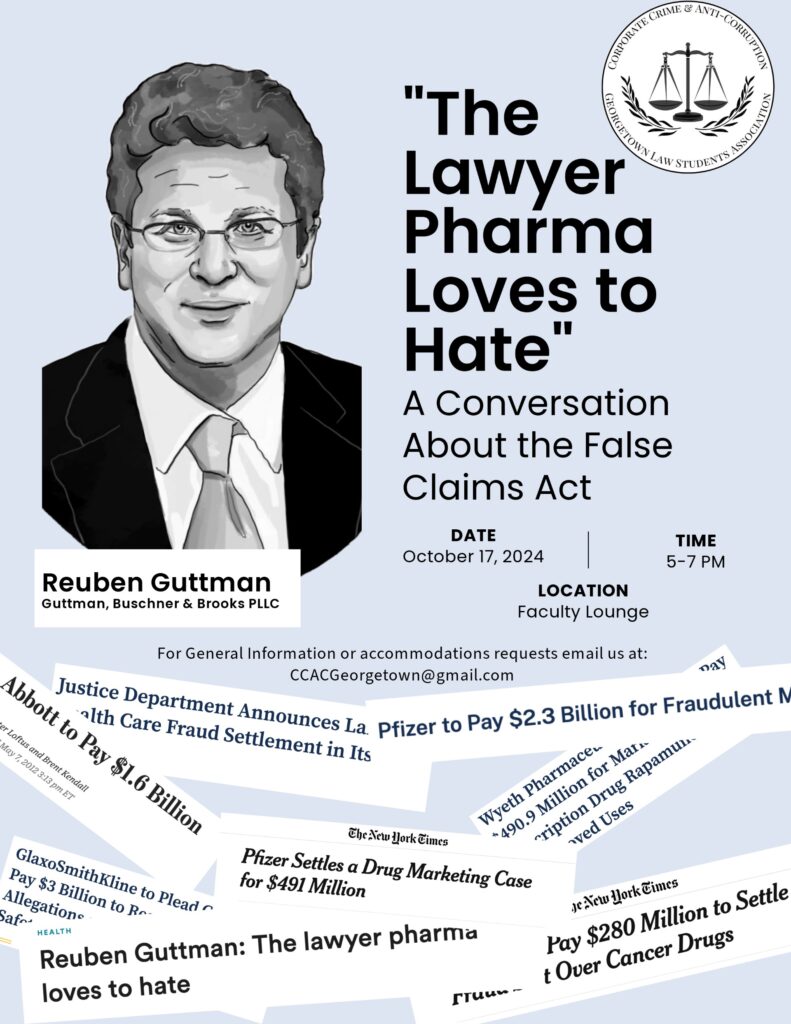NPR speaks with retired federal judge Nancy Gertner about how the judicial branch could, or could not, enforce a court order against a sitting president who refuses to comply.
Click here to listen to the interview with Judge Nancy Getner (Ret.) for more information.
Excerpt:
LEILA FADEL, HOST:
A federal judge in Rhode Island says the White House has defied an order to unfreeze federal grant and program funds and is ordering the administration to immediately end any federal funding pause. And this case is just one of dozens of lawsuits that have been filed to try to block some of President Trump’s many executive actions that are pushing legal limits. But what if the Trump administration just ignores court rulings?
* * *
GERTNER: Well, the – a court – a judge has tools available to him or her in the first instance. You know, they can cite the parties in front of them for contempt. They can impose fines. Of course, since one of the parties, arguably, here is Elon Musk, it’s not clear that fines are going to make a particle of difference. There’s even the possibility of imprisoning someone until the order is followed. All of these are, obviously, empty threats with respect to the defendants in this case. The marshals would have to enforce whatever orders the judge entered. The problem is that the Marshals Service is under the Department of Justice, and if Trump wanted to fully not comply, he could direct the Department of Justice not to comply. At that point, you have a full unconstitutional crisis. You have one branch of the government ignoring the legitimate comments – the legitimate orders, rather, of another branch.
Let me also say the other thing available to the – to Trump, if he doesn’t agree with the judge, is to appeal. And so to some degree, hastening a constitutional crisis says something about what he’s trying to do, which is more about showing his power than it is about following the law.
* * *
The question is whether or not Trump is exercising power in a legitimate way. And when he violates the Administrative Procedure Act, which says that you can change regulations only if you follow certain procedures, when he violates the Privacy Act, threatening to release the names of the FBI agents who arguably participated in January 6, when he holds up the funding of programs that have been appropriated by Congress – that’s the question of whether or not he’s acting in a legitimate fashion. And these cases are essentially saying there’s nothing remotely legitimate about what the president is doing under these circumstances.
I can’t say – I can’t emphasize enough how difficult it is for a judge to enter a temporary restraining order, which is the case in these cases. You have to find the likelihood of success on the merits, and you have to find irreparable harm. And the bar is high. It says something about how far Trump has gone from what the legitimate lawmaking function is in these cases that judges are doing this.
__________

